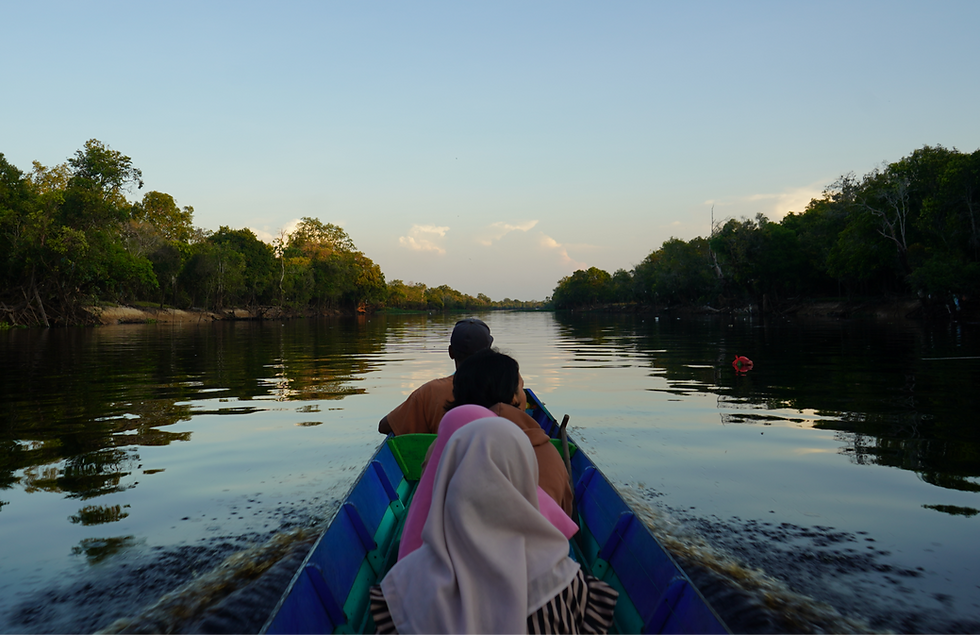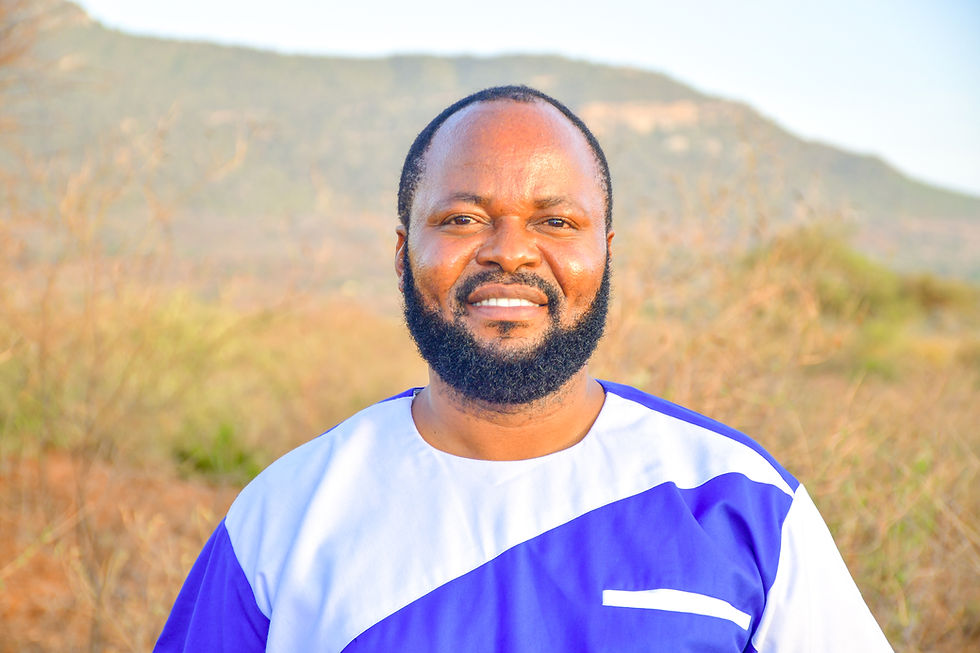Wildlife Works Offsets Volcom Fiji Pro 2013
- Aug 23, 2013
- 3 min read
Updated: Aug 5, 2024
Wildlife Works is ecstatic to be the official carbon offset provider of Sustainable Surf, at the Volcom Fiji Pro – Deep Blue Surfing Event!
Sustainable Surf is a non-profit charity organization that helps major surf contests reduce their impact with a comprehensive approach to reducing waste, using renewable energy and supporting local communities.
Utilizing our Kasigau REDD+ project we were able to offset 100% of the carbon from the Volcom FIjji Pro event that took place in June 2013!
The following information has been copied directly from sustainablesurf.org:

More African Trees = Healthier Fijian Reefs
What is a Deep Blue Surfing Event anyway?
A Deep Blue Surfing Event is a more “Ocean Friendly” event, which has been endorsed by the Association of Surfing Professionals (ASP) as a clear path for reducing environmental impacts of a professional surfing contest, while also providing social benefits for the local community.
Deep Blue Surfing Events address impacts directly related to the local contest area, including waste reduction, protection of natural resources, and the building of stronger communities. Deep Blue Surfing Events also reduce global threats to the sport of surfing itself from the effects of climate change, such as reductions in global wave heights, sea level rise, ocean acidification and the loss of the world’s living coral reefs, by reducing and offsetting carbon emissions from the event.
Summary of Impact Reductions:
The 2013 Volcom Fiji Pro (VFP) has been evaluated to have met or exceeded the minimum requirements, and has been designated as a Deep Blue Surfing Event™ by Sustainable Surf.
1.Waste Diversion: At least 40% of waste diverted from landfill
2.Climate Change: 100% of CO2 footprint mitigated (a “carbon-neutral” event)
3.Community Support: Three community-focused non-profit organization partners
Sustainable Surf’s post-event evaluation of Volcom’s efforts indicates that the Volcom Fiji Pro has exceeded the minimum requirements of three categories: Waste, Climate Change and Community Outreach. To receive a Deep Blue Surfing Event designation, an event is required to develop a data collection plan for measuring performance regarding the reduction of environmental impacts, and it must meet the minimum goals for at least two of the five major categories of environmental impacts. As with Volcom’s efforts last year, the remaining two categories (Energy and Transportation) remain a significant challenge (or are not as applicable) for this particular event, given the constraints of the remote contest site in Fiji. On the plus side, Tavarua’s remoteness does not allow for a large group of on-site spectators, which has an overall effect of helping to further reduce environmental impacts related to the majority of the categories measured.
The sustainability efforts of the 2013 Volcom Fiji Pro contest were aided in large part again, by the choice to site the majority of the event’s operational footprint at the world famous Tavarua Island Resort (TIR), which is instituting a robust sustainability strategy aimed at obtaining the first Sustainable Surf Tourism Certification – a program of the Center For Surf Research at San Diego State University.
For a detailed summery of the data, results and suggested improvements per category, visit SustainableSurf.org!
* * * * * * * * *
Wildlife Works is the world’s leading REDD+ (Reducing Emissions from Deforestation and Degradation), project development and management company with an effective approach to applying innovative market based solutions to the conservation of biodiversity. REDD+ was originated by the United Nations (UN) to help stop the destruction of the world’s forests.
Over a 15 year history Wildlife Works established a successful model that uses the emerging marketplace for REDD+ Carbon Offsets to protect threatened forests, wildlife, and communities.
The company helps local landowners in the developing world monetize their forest and biodiversity assets whether they are governments, communities, ownership groups, or private individuals.



